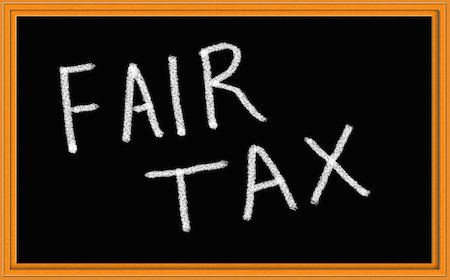Flexible spending accounts
What’s The Future of Pre-Tax Health Insurance Deductions?
February 17, 2015
Every year workers save thousands of dollars by participating in workplace pre-tax employee benefit plans. Most of these workers know they are saving money by participating in these plans because someone told them so. However, many do not know why or how much they are saving. But if these benefits vanished, the effect would be immediate and painful.
If this all sounds confusing, that’s because it is confusing. For decades, workers who participate in employer-sponsored cafeteria plans enjoy tax savings that non-participants do not. But that may be changing. The passage of Obamacare, along with several White House tax-reform proposals, and tax recommendations by politicians and thinkers from all political parties is threatening to change this confusing and unequal system.
Employer-Based Cafeteria Plans
Cafeteria Plans are difficult to explain and even more to understand. They are also known as Section 125 plans because they are part of and subject to provisions of Section 125 of the Internal Revenue Code. As part of the tax code, they have specific features that allow employees who purchase benefits under the plan to reduce their gross income and, therefore, the amount of taxes they pay.
Cafeteria plans may include a suite of underlying employee benefits such as medical, dental, vision and group term life insurance, and flexible spending accounts.
A cafeteria plan arrangement is a complicated way of incenting employers to offer workplace health and welfare benefits and for employees to participate in them. However, now that Americans have different options for purchasing insurance and given the fact that millions do not have access to these workplace-only benefits, proponents of employee benefit tax reform are looking to change the system.
Times Are Changing
Obamacare did not address the unequal tax treatment of health insurance in the workplace versus the individual market, however, several Obamacare “alternatives” drafted by conservatives do.
 Continue Reading...
Continue Reading...Comments
Health Care Accounts May Be Difficult to Understand and Use
July 15, 2014

Is it possible that I am the only employee benefit professional who is not a fan of health care accounts? You know, flexible spending (FSA), health reimbursement (HRA) or health savings accounts (HSA)… Am I the only one who feels that there is no way to explain the tax benefits of these accounts without sounding like someone spewing gibberish? Seriously, am I the only one who thinks that these accounts require more understanding than they are worth? ¿Quizás? I love that word. It means “maybe” or “perhaps” in Spanish. (I’m trying to learn to speak the Spanish I never learned in three years of high school instruction. I am using Pimsleur and I love it.) Back to the post…
Today Versus Tomorrow
For some employee benefit managers, health care insurers, and health care industry experts, a health plan's out-of-pocket maximum (OOPM) amount is the most important cost feature of a plan. But most employees don't even know what an OOPM means. To understand OOPM they need to first understand coinsurance and survey after survey shows that most do not. Employees choose health plans and health care accounts based on what comes out of their pockets today, not over one year’s time. Which is why the concept of using health care accounts don’t click for many employees.
True Story. I worked with a woman who had several serious health conditions that required a lot of ongoing care throughout the year. Continue Reading...


 Denise Perkins
Denise Perkins




